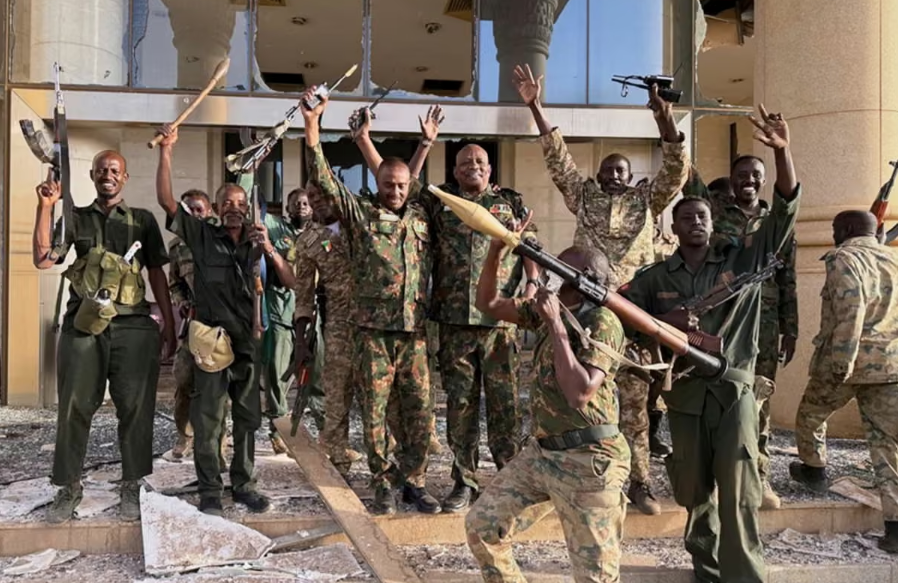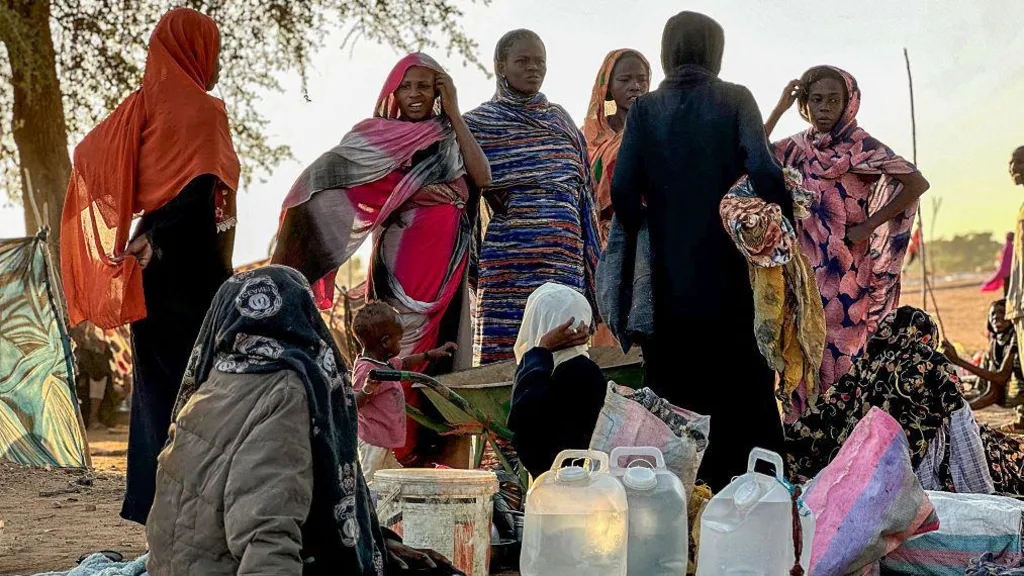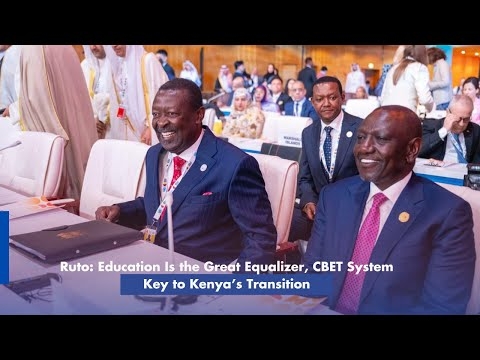

The Sudanese Armed Forces (SAF) have been accused of
deliberately obstructing peace efforts in the country’s ongoing civil war,
exacerbating what the United Nations has described as the world’s worst
humanitarian catastrophe.
The war, which erupted in April 2023 between the SAF led by
General Abdel Fattah al-Burhan and the Rapid Support Forces (RSF) commanded by
Mohamed Hamdan Dagalo (Hemedti), has left millions displaced and thousands
dead.
A report by the UN Security Council attributes the crisis to
the military coup staged by al-Burhan in October 2021, which “undermined
progress toward democracy and ignited the current armed conflict.”
Analysts say the army’s tactics have extended beyond combat,
effectively sabotaging political settlements and ceasefire negotiations. Four
patterns of obstruction have emerged, reflecting the military’s influence in
prolonging the conflict, including insistence on a military solution, which has
entrenched mutual distrust and derailed truce initiatives.
The army’s rejection of a May 2023 ceasefire proposal led to
the collapse of internationally mediated peace talks, according to a 2024 UN
Panel of Experts report.
The army’s increasing reliance on air power has had
devastating effects on civilians.
Human Rights Watch reported in July 2024 that Iranian-made
drones were used by the army to bomb markets and residential areas in Khartoum
and Darfur, killing hundreds and fueling mass displacement.
The control of supply routes and restrictions on
humanitarian access have deepened the civilian crisis has also been cited as a
hinderance.
The UN Office for the Coordination of Humanitarian Affairs
(OCHA) reported in August 2024 that the army controls 80 percent of Sudan’s
supply routes, blocking 40 percent of UN aid convoys. Such actions, observers
say, have turned the military into a de facto authority over essential
humanitarian operations.
The lack of transparency and accountability within the SAF
has fostered a culture of impunity.
Amnesty International
noted in an October 2024 report that the absence of internal oversight has
allowed repeated violations against civilians to go unpunished.
The consequences have been catastrophic—further
displacement, destruction of infrastructure, the rise of tribal violence, and
the breakdown of mediation efforts.
Monitoring groups warn that without intervention, Sudan
risks total institutional collapse.
Experts recommend several measures to reverse the trend:
establishing neutral monitoring mechanisms, introducing seasonal humanitarian
access arrangements, linking political progress to military transparency,
integrating armed forces under civilian oversight, and maintaining sustained
diplomatic pressure.
The report concludes that peace in Sudan will remain elusive
unless the military’s role in obstructing negotiations is directly addressed.
Without accountability and transparency, every peace
initiative risks failure as long as power continues to rest in the hands of
armed actors rather than civilian institutions.



















